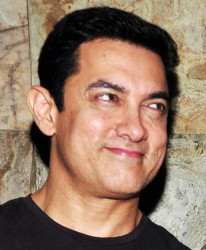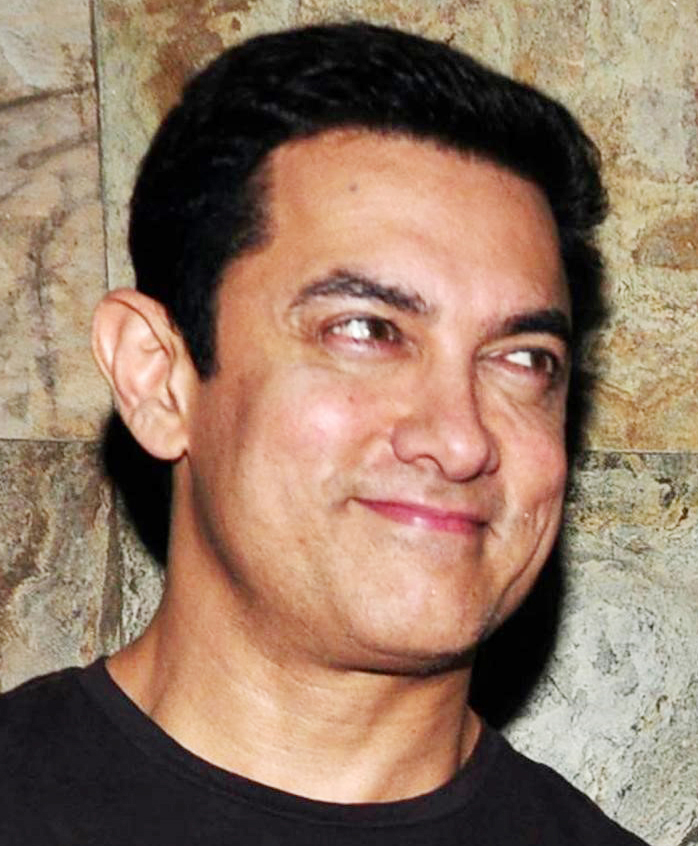(BBC) The bitter backlash against Bollywood star Amir Khan’s remarks about “growing intolerance” in India tells us a few things about the world’s largest democracy.

At a journalism awards ceremony, Khan said there was a growing sense of fear, insecurity and despondency in the country, and that when he discussed things with his filmmaker wife, Kiran Rao, she wondered whether the family should move out of India.
“It is disastrous and big statement for Kiran to make to me. She fears for her child, what the atmosphere around us will be, she feels scared to open the newspaper every day. There is a growing sense of disquiet, and despondency. You feel depressed, you feel low. Why is this happening?” Khan said.
Many believe Khan was spot on. In drawing-rooms in recent months, friends and acquaintances have told me that they worry about India – the dull economy, shambolic criminal-justice system, unchecked corruption, the fussing about non-issues, and now the acts of intolerance and the coarse and polarised levels of debate – and they would prefer their children to leave. There is a sense that the immense hope that Prime Minister Narendra Modi had offered before sweeping to power last year is fast slipping away.
Many high-profile writers and artists have raised concerns about what they feel is rising religious and cultural intolerance – rationalists have been killed and a Muslim man lynched over suspicions he consumed beef.
Not imploding
To be true, India is certainly not imploding with religious violence. But the protests against intolerance by artists and writers appear not to be so much a reaction to the scale of incidents, but a creeping anxiety over whether the highest levels of the government, including Mr Modi, seriously want to condemn or put their imprimatur behind them.

